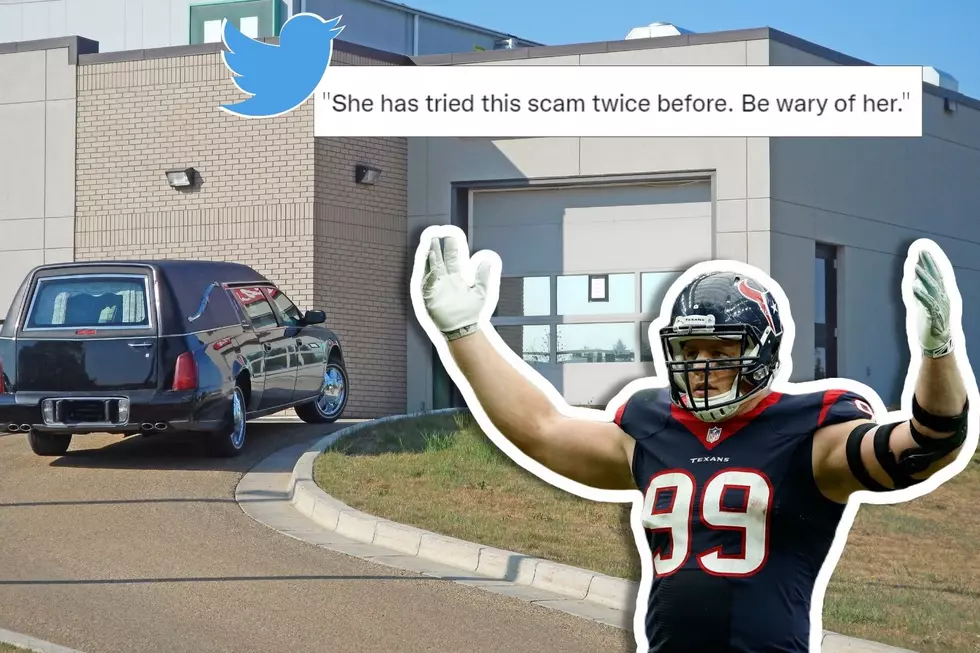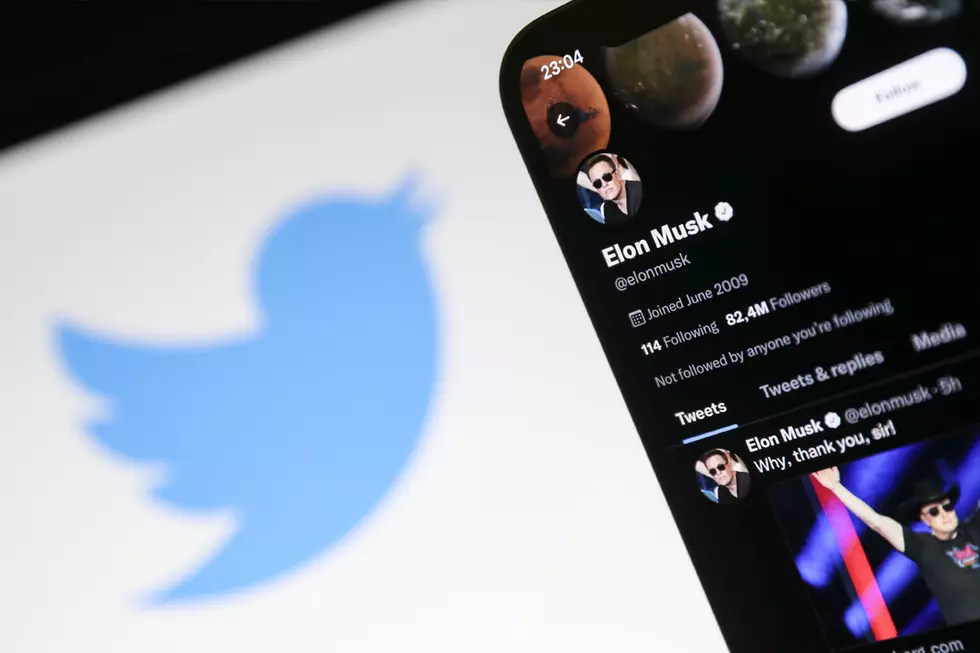
BBB Warning: Expect Scammers to Use Leaked Celebrity Photos as ‘Click Bait’
Better Business Bureau (BBB) serving Central, Coastal, Southwest Texas and the Permian Basin is warning that it expects to see scammers taking advantage of the recent leak of celebrity photos to trick consumers into clicking links to fraudulent websites. Scammers tend to take advantage of sensational news and public curiosity to spread malware that can lead to identity theft.
Although it’s too soon to know if anyone has been victimized by such a scam, BBB has seen similar tactics in the past with emails and social media messages claiming to show photos of the death of Osama bin Laden, newborn Prince George of Britain and most recently, Robin Williams’ last words.
The celebrity photo leak, which occurred on Sunday, claimed to offer hundreds of nude photos of popular female celebrities, including Oscar-winning actress Jennifer Lawrence, Sports Illustrated model Kate Upton, reality-show star Kim Kardashian, pop singer Rihanna, and others. Some celebrities confirmed the authenticity of the photos while others claimed they were fake. Preliminary news reports say the leak may have been the result of hacking into Apple iCloud or other “cloud” photo storage. The FBI is investigating.
BBB expects to see “click bait” scams claiming to link to these photos. Clicking on these links or attempting to download the photos can instead install malware on your computer or smartphone. Some sites may ask for personal information that can lead to identity theft or be used for additional spamming.
BBB urges consumers to take steps to protect yourself from click bait shared through email and social media:
- Don't take the bait. Stay away from promotions of "exclusive," "shocking" or "sensational" video or photos.
- When in doubt, throw it out. Delete unsolicited emails or social media messages that raise red flags.
- Hover over a link to see its true destination. Before you click, hoover the cursor over the link to see where it will take you. Don't click on links leading to unfamiliar websites.
- Don't trust your “friends” online. It might not actually be your friends who are "liking" or sharing scam links to photos. Their account may have been hacked and scammers could be using another tactic called "clickjacking." Clickjacking is a technique that scammers use to trick you into clicking on social media links that you would not usually click on.
- Report scam posts on Facebook by following these instructions.
- Report malware or spam on Twitter by following these instructions.
For more tips you can trust, visit bbb.org. For the latest news and information, follow them on WatchYourBuck.com, Facebook and Twitter. To check out a company and find trustworthy businesses, visit bbb.org.
More From KIXS FM 108









